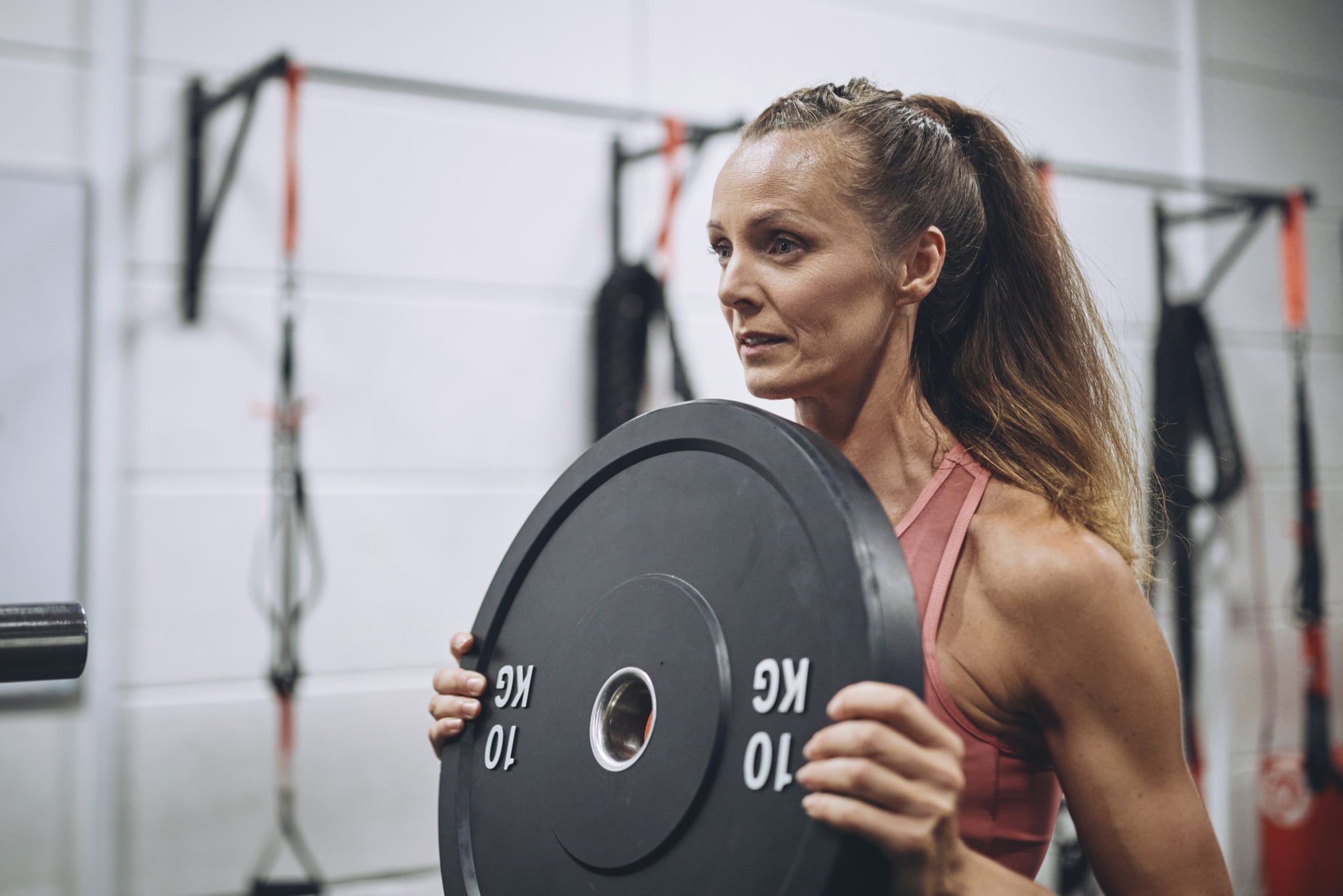
Hot flashes, night sweats, joint pain, brain fog: these are some of the telltale signs your body is transitioning into menopause. It can be even more distressing if you start to experience these symptoms before the age of 45, which is considered early menopause. But having the right tools and education at your disposal can pull you out of the shadows of menopause — so you can feel prepared to take on this new chapter in life. “People don’t know what to expect when they are no longer expecting a period,” gynecologist Jen Gunter, MD, says. “About two-thirds of women feel unprepared for menopause, and that is unacceptable.”
Widely regarded as Twitter’s resident gynecologist and the internet’s ob-gyn, Dr. Gunter has devoted her life to advocating for women’s health. Recently, she partnered with AthletaWell, an expert-led online community built by women, for women, to counter stubborn myths and misogynistic attitudes about menopause. “By normalizing menopause with accurate information, we can help people sort between quality care and care that is not helpful, sometimes hurtful, and often a scam,” Dr. Gunter says.
The menopause transition can begin as early as 34. In fact, Dr. Gunter says 50 percent of people will start experiencing symptoms before the age of 46. Luckily, there are some science-backed ways to ease into this period of your life just by tapping into wellness activities for your body and your mind. Whether it’s adding movement into your daily routine or returning to the hobbies that bring you joy, keep scrolling to see Dr. Gunter’s tips to empower and reassure yourself through early menopause.
Eat a Fiber-Rich Diet
While there is no “menopause diet,” a healthy, balanced lifestyle filled with foods that are high in fiber can help alleviate hot flashes, Dr. Gunter says. Her recommendation? Consume at least 25 grams of fiber a day. Eating more legumes, vegetables, and high-fiber grains can significantly increase your daily fiber intake. You can still enjoy delicious recipes to achieve this goal; think: avocado and kale pesto pasta, citrus-roasted salmon over lentils, and peanut soba noodles with edamame.

Find Support From Communities
While on tour for her first book, “The Menopause Manifesto: Own Your Health With Facts and Feminism,” Dr. Gunter encountered women with the same issue: feeling isolated and erased. “Many women find menopause lonely, and for some, this can be an antidote,” she says. Finding fellowship from a community that speaks to you is one way to offset these feelings. For example, talk to your friends who have already been through menopause, or turn to online chat forums like AthletaWell — an expert-led community platform that empowers and motivates women along their wellbeing journeys. In particular, its Thriving Through Menopause group is a safe space where women can get resources from experts — including Dr. Gunter — share experiences, and exchange advice, and a supportive community to navigate menopause together.
Tap Into Hobbies That Bring You Joy
Dr. Gunter says finding hobbies that you enjoy can help boost your mood during this transitional time of your life. She suggests leaning into what makes you happy. It can be as simple as reading mystery novels or taking a 30-minute break to shamelessly scroll through Instagram. By making the daily effort to tap into the activities that bring you joy, you can in turn care for yourself.

Try Resistance Training
People lose muscle mass as they age, and menopause accelerates that loss, Dr. Gunter explains. “The number one therapy every woman can start is exercise,” she says. “Exercise improves so many aspects and health conditions associated with menopause.” While aerobic exercises such as walking and biking are great for your body, Dr. Gunter suggests practicing resistance training to decelerate muscle loss. Whether you prefer weightlifting or Pilates, building strength will ultimately benefit your body.
Get Educated About What’s Happening to Your Body
Some doctors position menopause as a disease, which creates massive information voids in the field, Dr. Gunter says. “Many women will spend one-third to one-half of their lives in menopause, and yet many don’t even know what it is,” she explains. “The idea that women spend half of their lives in a diseased state is preposterous to me, and it’s wrong.” Books like “The Menopause Manifesto” reject these outdated hypotheses, helping to end the secrecy and shame associated with menopause. “Get educated so you know what is happening to your body and so you can be proactive,” Dr. Gunter says. “People can also learn that their body isn’t broken, it’s going through a change — and if they are suffering, there is help.”
AthletaWell is a free digital community from Athleta built by women, for women – led by experts dedicated to your wellbeing. Join and get access to AthletaWell Guides, exclusive events, free workouts, wellbeing resources, and more.
